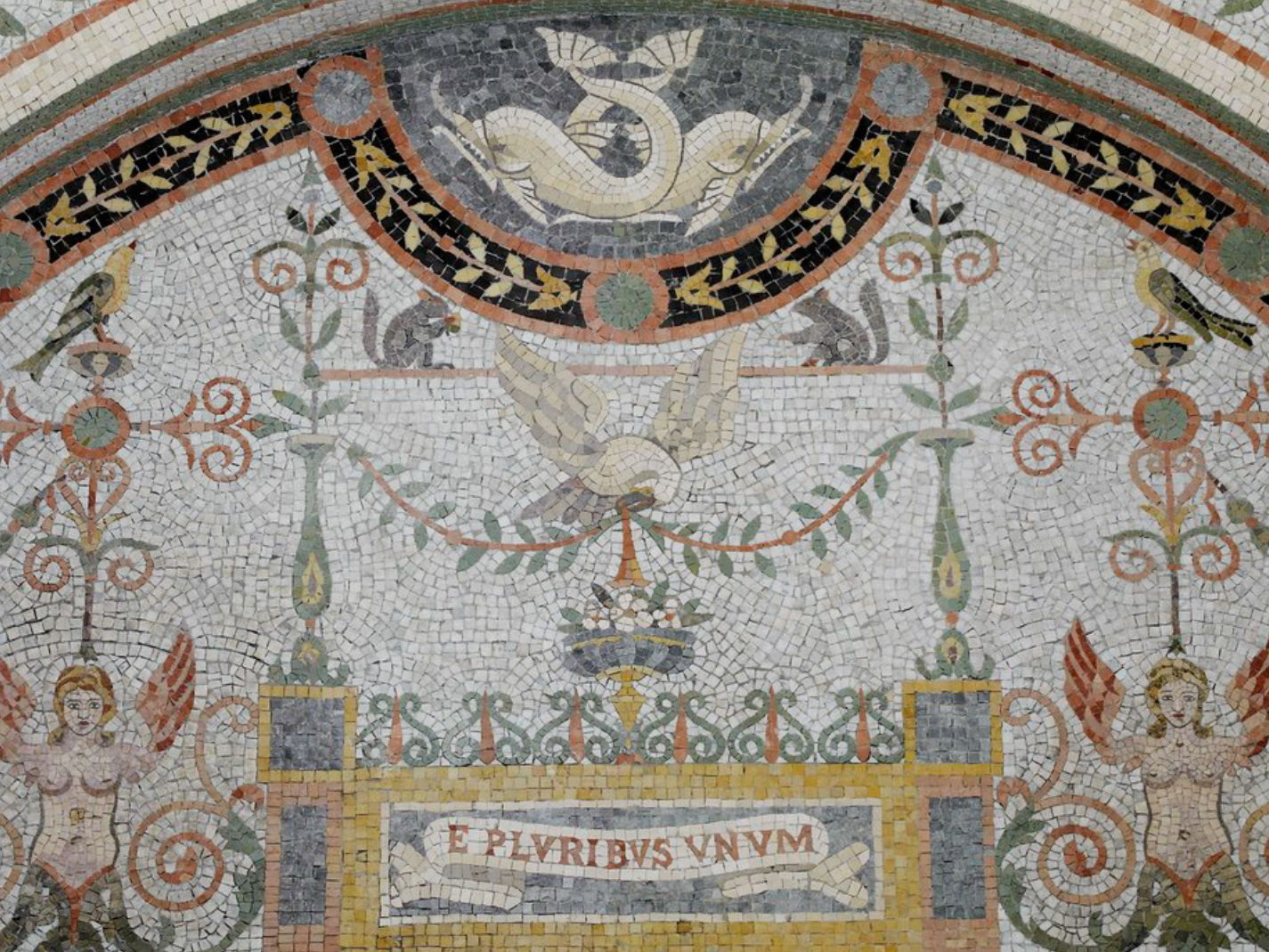
Editor’s Note: This article was originally published by RealClearWire on May 12, 2021, and is crossposted here with permission.
The rise of critical race theory, along with the popularity of the New York Times’s 1619 Project, presents a serious challenge to the concept of “E Pluribus Unum.” According to Richard Reinsch, the editor of Liberty Fund’s Law & Liberty portal, what should be a clear-eyed and sober debate over America’s fundamental character is being ignored in favor of a “one-sided view of American history and law as racist.”
Reinsch argues that though there have been “tremendous problems in our development as a nation” – which Americans “have gone to great efforts to rectify” – educators, teachers, and scholars must nevertheless “be honest about the American Founding” and the country’s “attempts to ensure liberty under the rule of law for every citizen.”
L&L has published numerous essays and a symposium featuring knowledgeable historians and political theorists that “firmly but responsibly” critique 1619’s main tenets. L&L and RealClearFoundation recently hosted a live lecture and Q&A featuring Georgetown professor Joshua Mitchell, who discussed his recent book, “American Awakening,” and spoke about how identity politics distorts Christianity.
Liberty Fund is a private educational institution based in Indianapolis that businessman Pierre Goodrich founded in 1960, Reinsch says, “to keep alive research and discussion on ideas of liberty and responsibility.” Goodrich, he continues, “believed that education in a free society requires a dialogue centered in the great ideas of civilization” and advocated the “close reading and discussion of texts through Socratic style conferences” to see what they “can teach us about liberty and responsibility.”
LF features invitation-only conferences for academics, students, teachers, professionals, and clergy and has published hundreds of critical editions of key texts such as “The Federalist” and comprehensive collections on the American Founding, legal history, and political economy.
In the past 20 years, LF has expanded its online efforts through four web portals that pursue its mission in different ways. The Online Library of Liberty offers a vast archive of classic works and secondary scholarly resources that explore key questions related to liberty; EconLib advances the study of the connection between economics and liberty through articles, daily blog posts, classic economic texts, an encyclopedia of economic terms, videos, and the EconTalk podcast hosted by Russ Roberts; Adam Smith Works features lessons, books, and pedagogical tips for teaching the pioneering free market economist in classrooms.
Reinsch says he founded Law & Liberty in 2012 “to bring a significant discussion online about law and political thought” that he did not see happening elsewhere. He notes that clear “thinking, journals and ideas were needed in our national discussion” that did not get caught up in the “niche world of ideology.”
According to Reinsch, L&L explores the “classical liberal tradition of law and how it shapes a society of free and responsible persons.” It features “different ideas and perspectives that take seriously the rule of law, property rights and also constitutional thought that stresses limits on government,” he notes.
L&L offers daily book reviews; longer essays on key topics in politics, law, and culture; and a monthly symposium where scholars debate topics of public importance such as the Weather Underground, a 1960s militant group, and its legacy in American life. L&L also offers two weekly newsletters. “From the Editors” features links to recent articles and books; “The Long View” links to archived content, top articles from around the web, and important historical texts that can help guide our thinking today. Additionally, Liberty Law Talk, L&L’s podcast that Reinsch hosts, features extended discussions with notable authors of recent books and articles.
Future Liberty Fund events include a series of virtual reading groups at the Online Library of Liberty, EconLib, and Adam Smith Works. Reinsch notes that LF will also be launching a subscription book club, No Due Date, beginning in September; the first club will be curated by Peter J. Boettke, a professor of economics at George Mason University.
Reinsch believes that Liberty Fund’s vast compendium of resources can help improve civic discourse and increase knowledge of American principles and practices – a mission that’s more vital than ever.